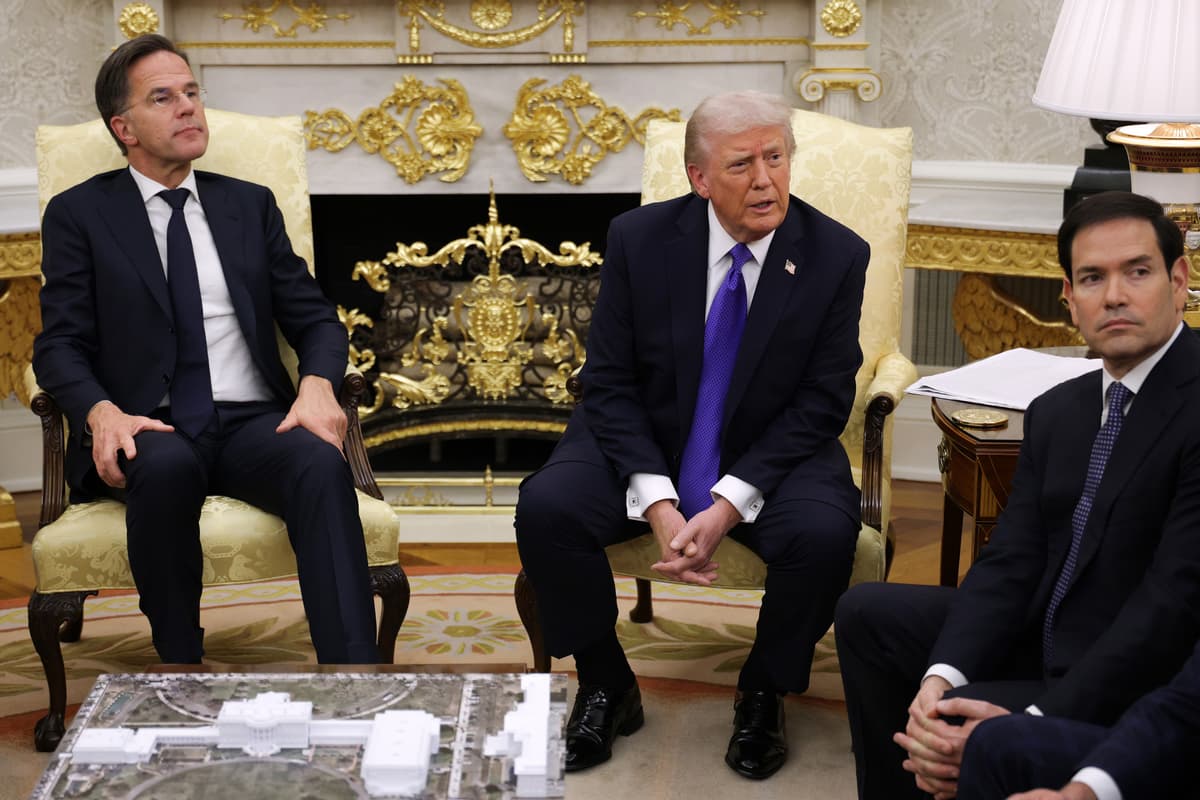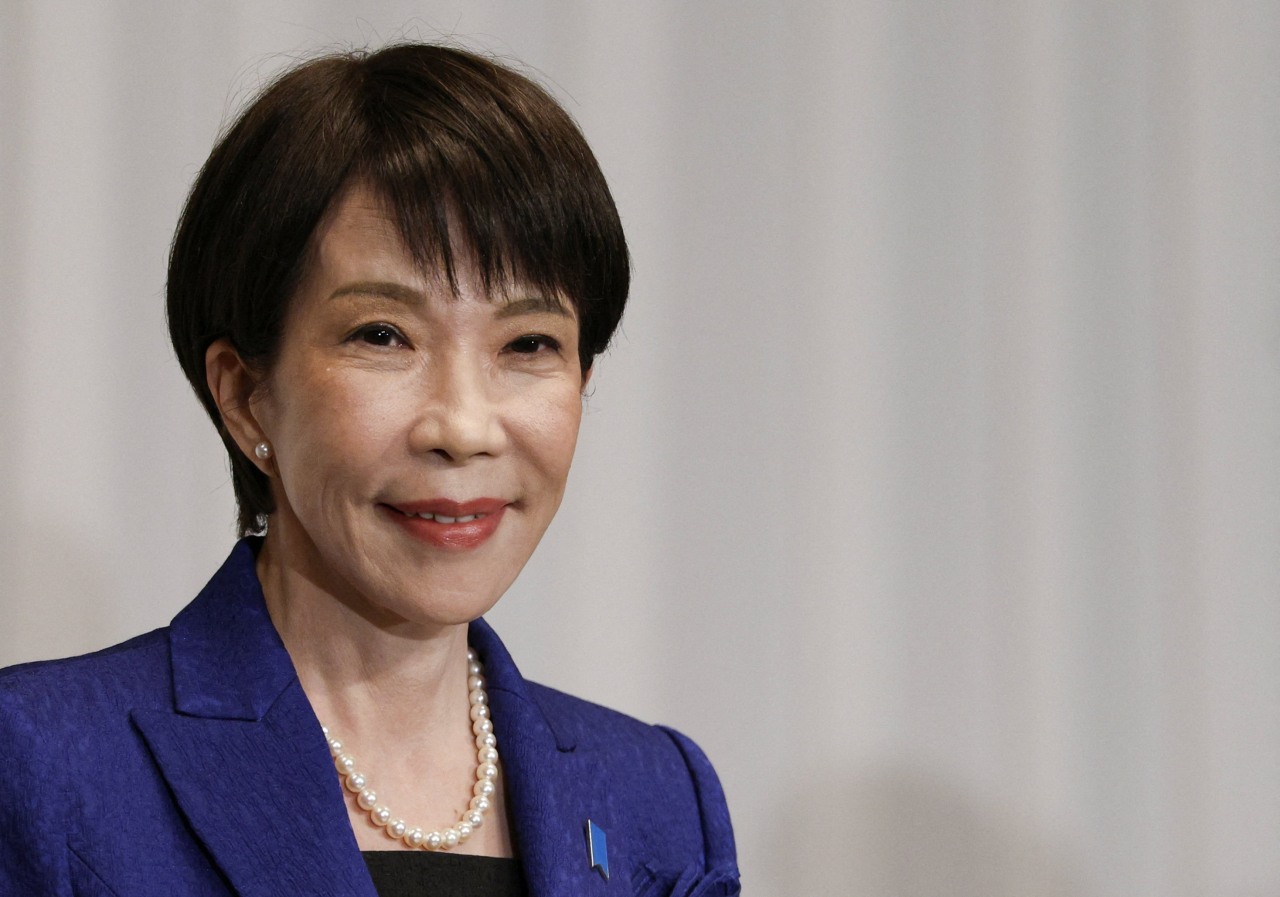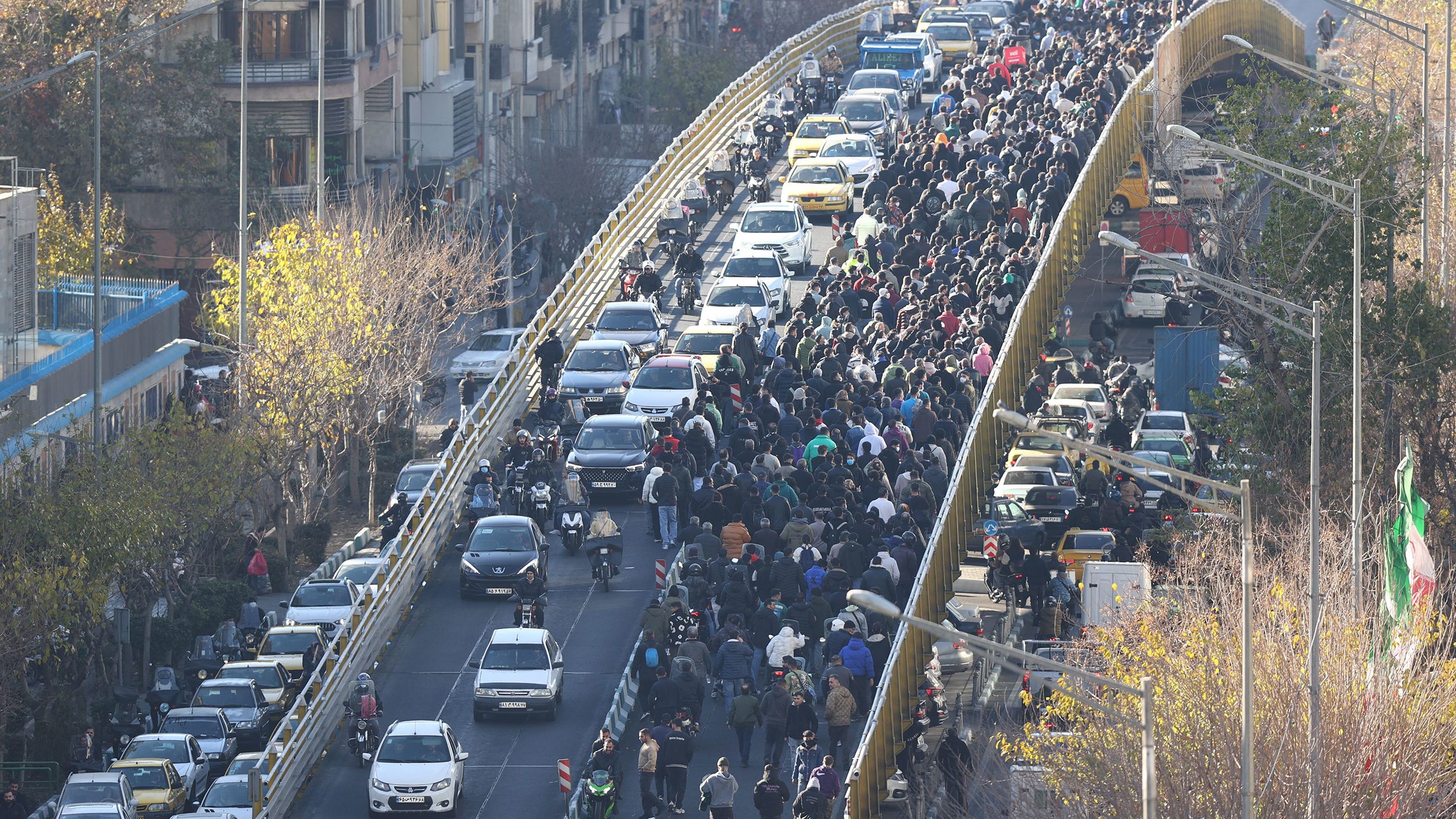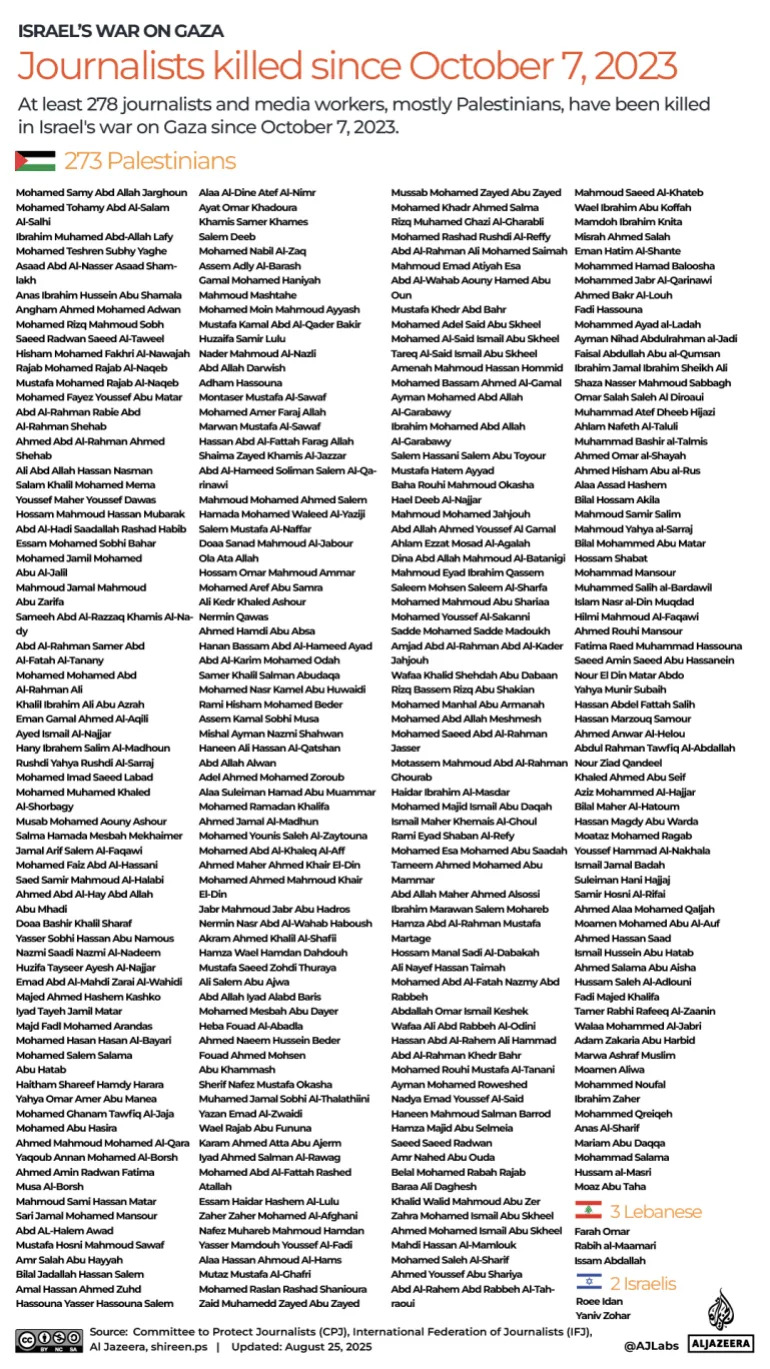President Donald Trump announced new sanctions on Russia’s two largest oil-exporting companies, Lukoil and Rosneft, significantly impacting the nation’s oil export capabilities. In response to these sanctions, President Vladimir Putin expressed confidence, stating that while there would be “certain consequences,” they would not substantially undermine Russia’s economic stability. Trump remarked that the true effects of the sanctions would become clearer in six months.
The sanctions come as initial reports indicate that both India and China, which together account for approximately three-quarters of Russia’s oil exports, are moving to reduce their purchases. Analysts predict that India will likely cut its imports to zero by the end of a one-month transition period, while China may reduce its purchases by half. This action represents the first direct sanctions imposed by the Trump administration against Russia since taking office nine months ago.
The sanctions follow a breakdown in diplomatic discussions regarding a potential peace deal for Ukraine, with Trump cancelling an upcoming summit with Putin after Russia signaled disinterest in a ceasefire. The timing of the sanctions appears strategic, as Trump noted, “I just thought the timing was good.”
The sanctions are likely to have immediate financial repercussions for Russia. With oil prices already down 21 percent compared to the previous year, the new measures could exacerbate the country’s economic difficulties. Taxes from oil and gas production contribute to around 25 percent of the Russian government’s revenue, making these exports critical for funding military operations in Ukraine.
Russia has been increasingly reliant on its sovereign wealth fund to address budget shortfalls, with reports indicating that the Kremlin has used approximately 60 percent of its liquid assets since the onset of the conflict in Ukraine. Currently, the fund holds around $50 billion, a stark contrast to Norway’s sovereign wealth fund, which is valued at $2 trillion.
On the European front, the response to the sanctions has been robust. The British government has already sanctioned Lukoil and Rosneft, while the European Union has approved measures to phase out purchases of Russian liquefied natural gas by the end of next year. Since the beginning of the conflict in Ukraine, Europe has reportedly reduced its energy imports from Russia by 90 percent.
Statements from Russian officials reflect the heightened tensions. Former president Dmitry Medvedev, now deputy chairman of Russia’s Security Council, described the sanctions as an “act of war” and criticized Trump for aligning with what he termed “loony Europe.” Meanwhile, Putin has warned that should the Trump administration proceed with plans to supply Tomahawk missiles to Ukraine, the response from Russia would be “very serious, if not overwhelming.”
Ukrainian President Volodymyr Zelensky has highlighted ongoing military efforts, stating that Ukrainian forces are actively targeting Russian oil refineries as part of their strategy to weaken Russia’s military capabilities. He described these actions as necessary steps to bring Russia “back to reality.”
The sanctions also involve significant economic implications for India and China. India’s refiners, the largest importers of Russian oil, are reportedly shifting their orders to suppliers in the Middle East. Concurrently, Chinese state-owned oil companies are suspending purchases of Russian oil, although the impact may be less severe as a significant portion of China’s imports comes from the China National Petroleum Corporation, which imports around 800,000 barrels of Russian oil daily through established pipelines.
As discussions between Trump and Chinese President Xi Jinping loom, the stakes for both nations and their oil supply agreements remain high. The evolving geopolitical landscape will determine how these sanctions affect global oil markets and the broader economic situation in Russia.







